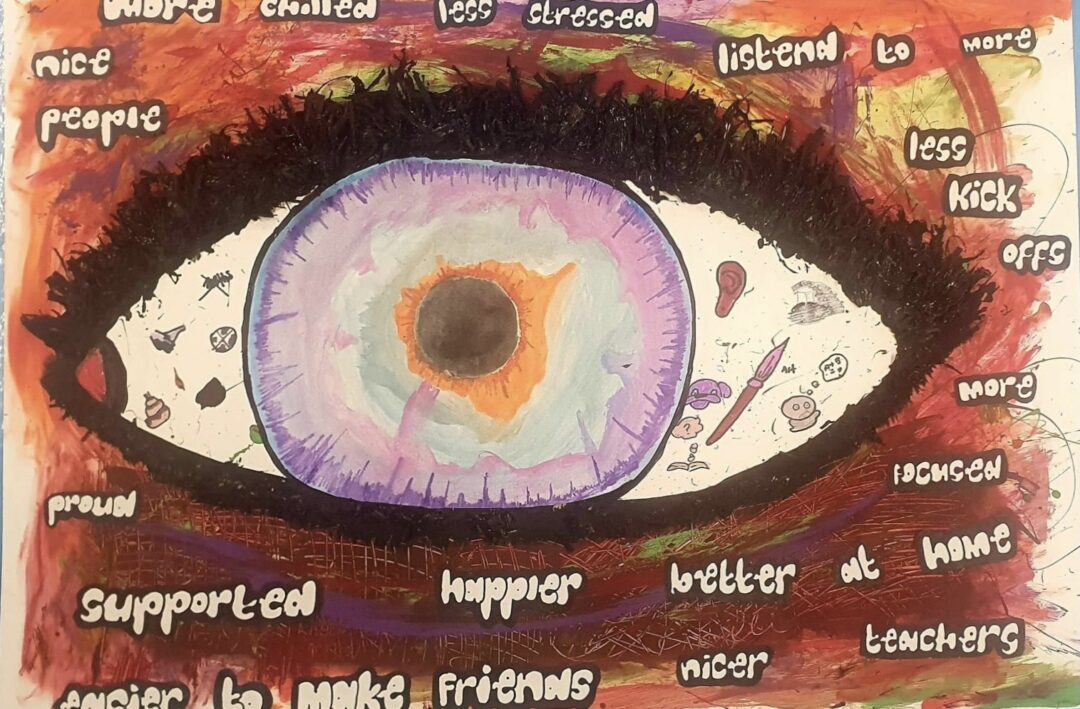‘It's not just for naughty kids' – Project explores girls' experiences of alternative education settings
News

Girls’ perspectives on mental health and wellbeing support in alternative education have been shared as part of a study supported by the NIHR ARC North East and North Cumbria.
Girls from across the region have shared their views on what needs to improve in alternative education settings, to support their mental health and wellbeing.
Between 2017 and 2021, girls were more likely than boys to report a decline in their mental health, and girls’ mental health was more negatively affected during the COVID-19 pandemic.
With increasing demands on mental health services for children and young people, schools could play a key role in early intervention.
However, very little is known about how girls’ mental health and wellbeing is supported in specialist education settings – where boys account for around 74% of the population nationally.
The research team, led by Dr Pamela Graham at Northumbria University, worked with girls aged 14-16 in alternative education settings in our region, which included Pupil Referral Units (PRUs) and Social, Emotional and Mental Health (SEMH) schools.
The girls were interviewed about their experiences and asked to reflect on the most important things they’d like other people to know.
Key findings included:
A website has since been developed which aims to help school staff and leaders to understand what works, what doesn’t work and what needs to change in order to support girls more effectively in alternative education.